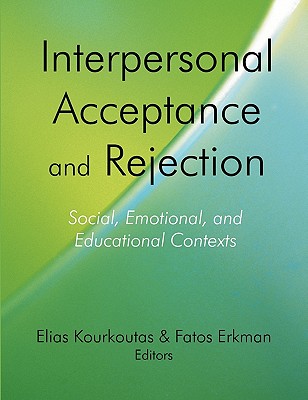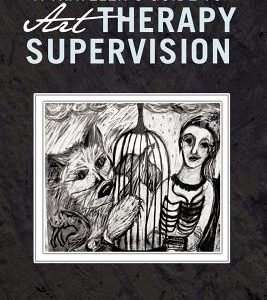Interpersonal Acceptance and Rejection: Social, Emotional, and Educational Contexts
$31.46
Description
Interpersonal Acceptance and Rejection: Social, Emotional, and Educational Contexts draws on research to offer a global perspective on issues of fundamental importance to family functioning, childhood development, and adult intimate relationships, as well as to policy and practice for children, adolescents, couples, and families at risk. It draws on the perspectives of major social science disciplines such as clinical and educational psychology, anthropology, psychology, special education, and sociology, thus ensuring topics are discussed within broad theoretical frameworks. The authors cover a wide spectrum of questions and topics in relation to perceived acceptance and rejection by significant others. Chapters are set in the context of worldwide trends in the area of interpersonal acceptance-rejection. They considerably advance our knowledge of interpersonal acceptance-rejection theory and practice by tackling issues in major life contexts such as family, education, intimate relationships, and clinical-therapeutic practice. The book presents these important issues within the context of up-to-date research on interpersonal relationships that helps strengthen family and couple relationships and enhance the quality of attachment relationships in families. As such, it constitutes a useful reference source for academic researchers, clinicians, teachers, special educators, school counsellors, psychologists, and service agencies. Contributors to this edited book come from many parts of the world, including the Americas, Asia, Australia, Europe, and the Middle East.
Editor: Kourkoutas, Elias, Editor: Erkman, Fatos
Topic: Family / Parenting / Childbirth
Media: Book
ISBN: 1599425696
Language: English
Pages: 258
Additional information
| Weight | 1.03 lbs |
|---|---|
| Dimensions | 9.69 × 7.44 × 0.54 in |















Reviews
There are no reviews yet.